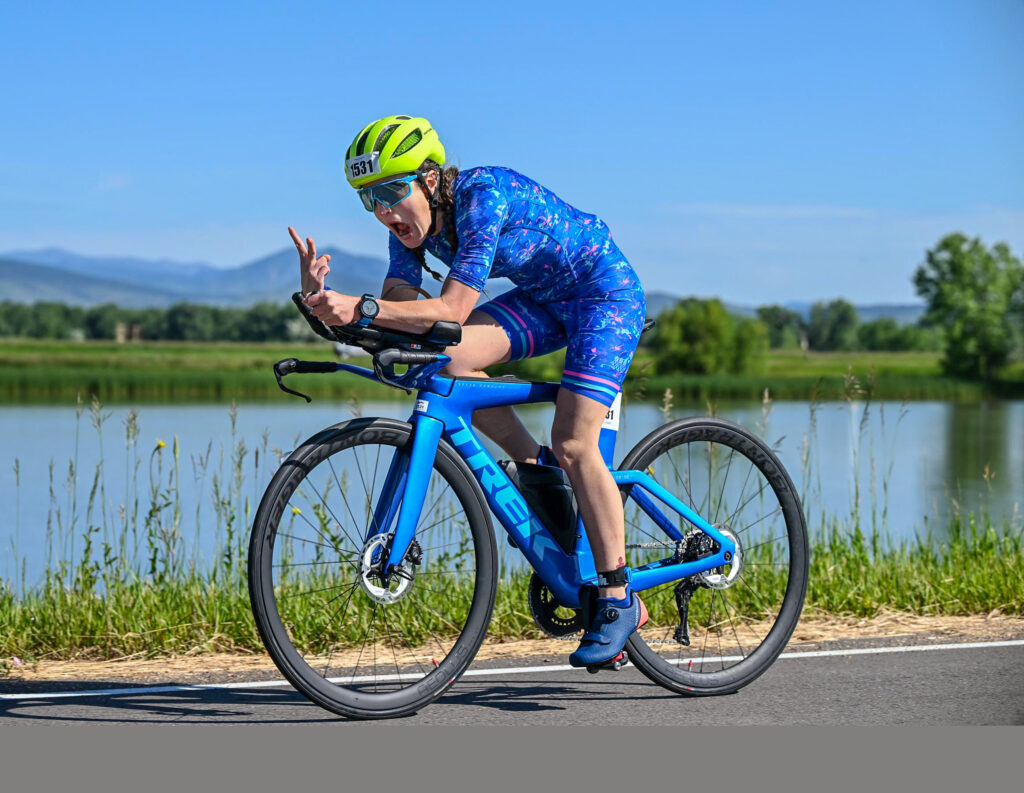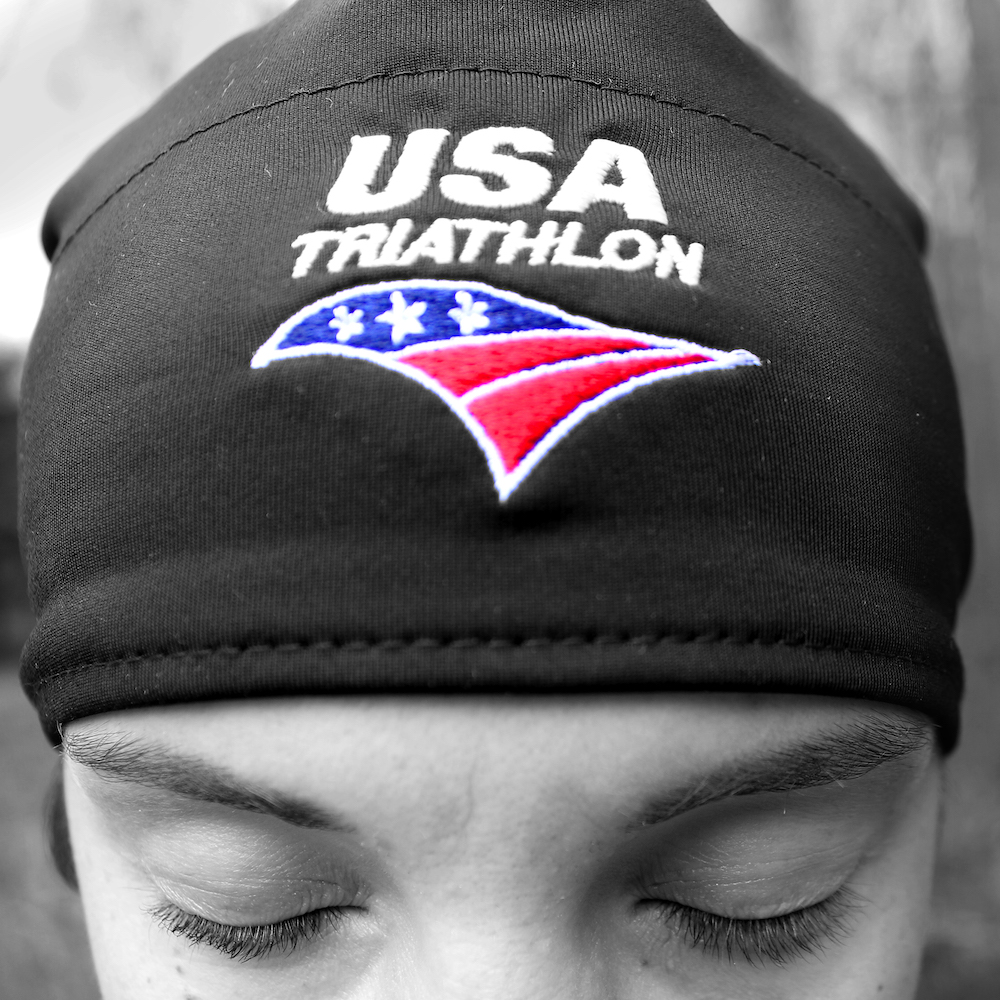
What’s the triathlon off-season? Is it really necessary? How does it work?
As an athlete, your training shouldn’t look the same year round. Going hard for all 12 months of the year, or not adapting and reducing your training schedule at times, can be very detrimental both physically and mentally.
Let’s go through some common Q&As for the off-season, what it might look like, and how to navigate this perhaps foreign area (I’m looking at you, athletes who rarely take time off!).
Q: What is it?
A: A period of the year after all of your main races have occurred, so you’re no longer building up to a particular event. Typically this occurs during the winter months.
It may or may not correlate with your main “A” race of the season. For example, my first full Ironman race a few years ago took place in July. I definitely took some time off after completing the race, but I had some other races later in the year. So that wasn’t my off-season quite yet, it was just post-race recovery. Then, in November after my final race of the year where I still wanted to do well – the local Turkey Trot on Thanksgiving – THAT’S when my off-season started.
Q: Should I stop training?
A: You don’t have to stop altogether, but do let go of any structure, and I recommend you take 2 to 3 weeks “off.” For me, this means lots of rest days, easy swimming, yoga, and gradually adding biking and running afterwards.
But again, keep it unstructured. If you feel like biking outside because it’s 75 degrees in October, great. If you don’t, no worries. There are likely no big races on the calendar for a bit, so there’s no need to stick to a schedule or get in a certain number of workouts per week.
Q: What happens if I don’t take time off?
A: Not allowing your body to rest and recover could lead to burnout or injury during your next season if not sooner. Take the time to heal, and you’ll come back stronger.
Just as importantly, you likely need a mental break as well. Especially if you’ve had a long and tough season, it can be relieving to ease up on the mental focus of training. Your mind also needs rest and recovery to prevent mental burnout.
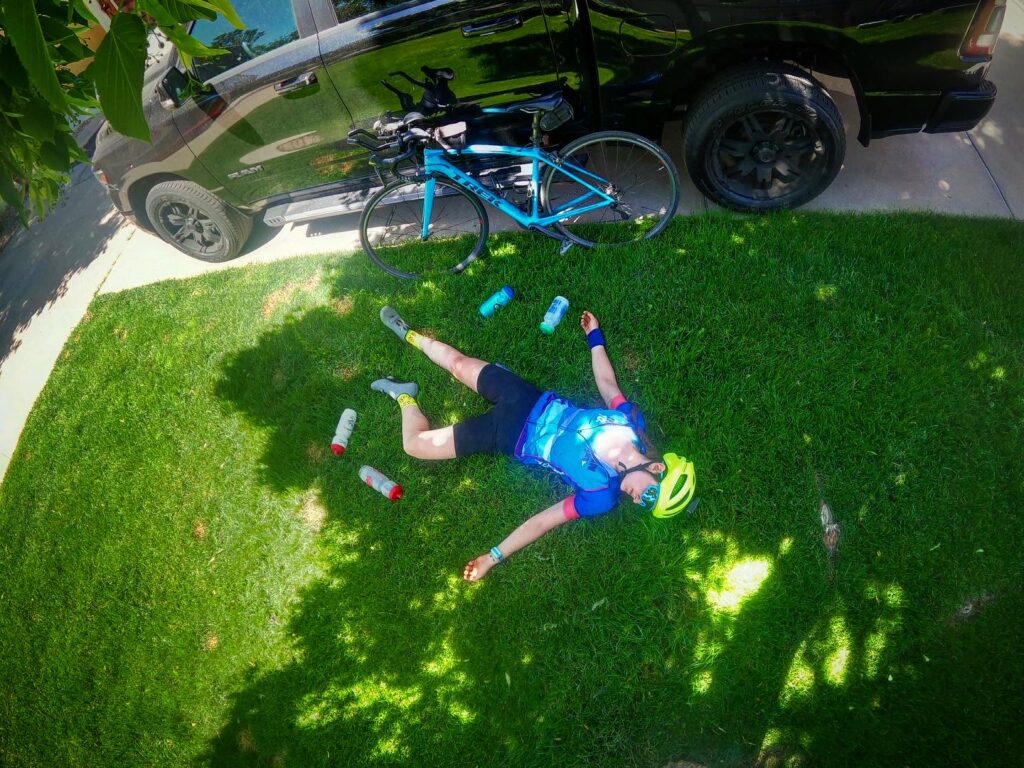
Q: Will I lose all of my fitness?
A: No. You won’t be at the same peak level as mid-season, but you won’t lose what you’ve worked for. It won’t take long at all to build back up to your previous state. Let your body (and mind) come down a few notches to be ready to rise even higher next year.
Remember, you didn’t achieve your level of fitness in a matter of weeks. You certainly won’t lose it in that amount of time either.
Q: Should I modify my nutrition?
A: Yes and no. You’ll find it may automatically change; if you’re not training, you’re likely not eating many bars, gels, or other workout fuel. You might notice you’re not as hungry as you would be on a long training day, and you might feel satisfied with slightly smaller portions here and there.
That being said, don’t purposely reduce your intake just to compensate for training less. Try new restaurants, eat your favorite foods, and enjoy meals just as you would while training. You’re letting go of structure here just as you are with your workouts, and it too can be a welcome mental break.
Don’t worry – you won’t suddenly gain a substantial amount of weight, and just like fitness, it won’t take long to get back to where you previously were when training ramps up again.
Q: Can I do other activities?
A: Yes! Throw in activities you might not normally do, or that you weren’t able to do when training was very heavy during the summer. Go for hikes, dabble in winter sports, get on the gravel or mountain bike – anything else you enjoy!
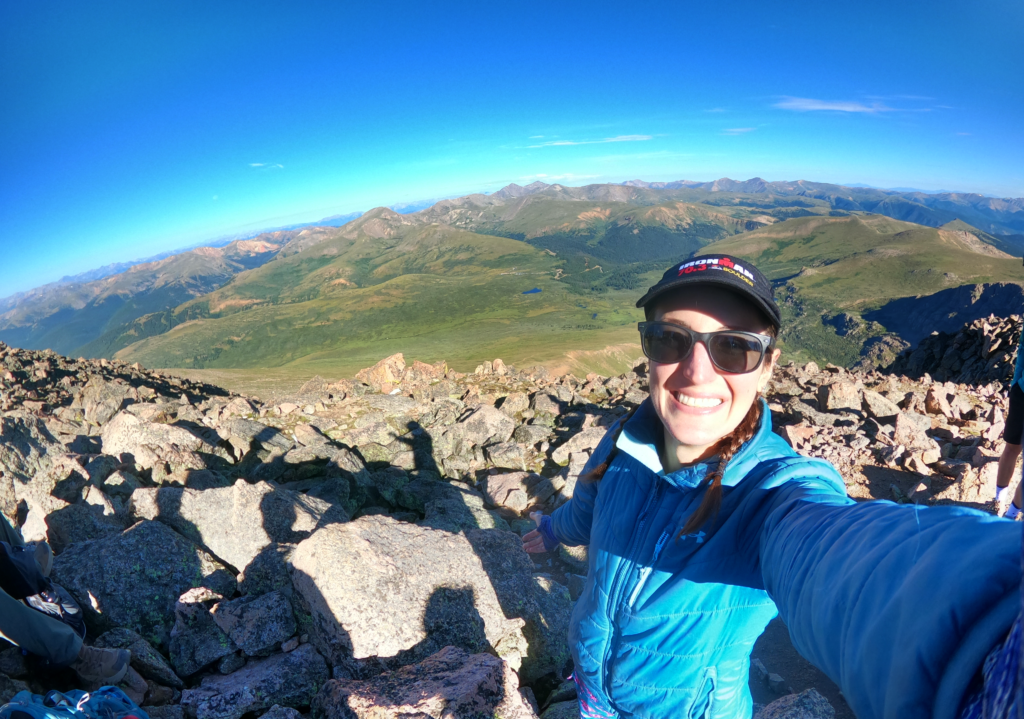
Q: What about non-exercise activities? What am I supposed to do with my life if I’m not training?
A: The first time I truly rested for a few weeks in the early winter, I struggled with this. Training was a huge part of my identity, and I felt a bit lost without it. Who was I if I wasn’t swimming, biking, and running all of the time?
Step back and remind yourself that, while there’s nothing wrong with identifying as an athlete, that’s not ALL you are. Tap into your other hobbies and passions during this time. For me, it was reading, writing, photography, spending more time with friends, and picking up various musical instruments that had been collecting dust, to name a few.
If you can’t think of any hobbies outside of training…find some! Try something new, take a class, attend an event. Remember, we’re all athletes, but we aren’t JUST athletes.
Q: Is there anything I should focus on when I start to get back into training?
A: Strength training! The off season is the time to lift heavy and build some muscle. Work up to heavy weights (generally, it’ll be difficult to finish 6-8 reps in a set) to improve strength and power.
You can bring your cardio sessions back in while strength training, but keep them relatively light and easy at first. This allows you to work back up to the harder stuff after re-establishing a good base, and simultaneously you’re able to focus more energy on the weights to build up some strength.
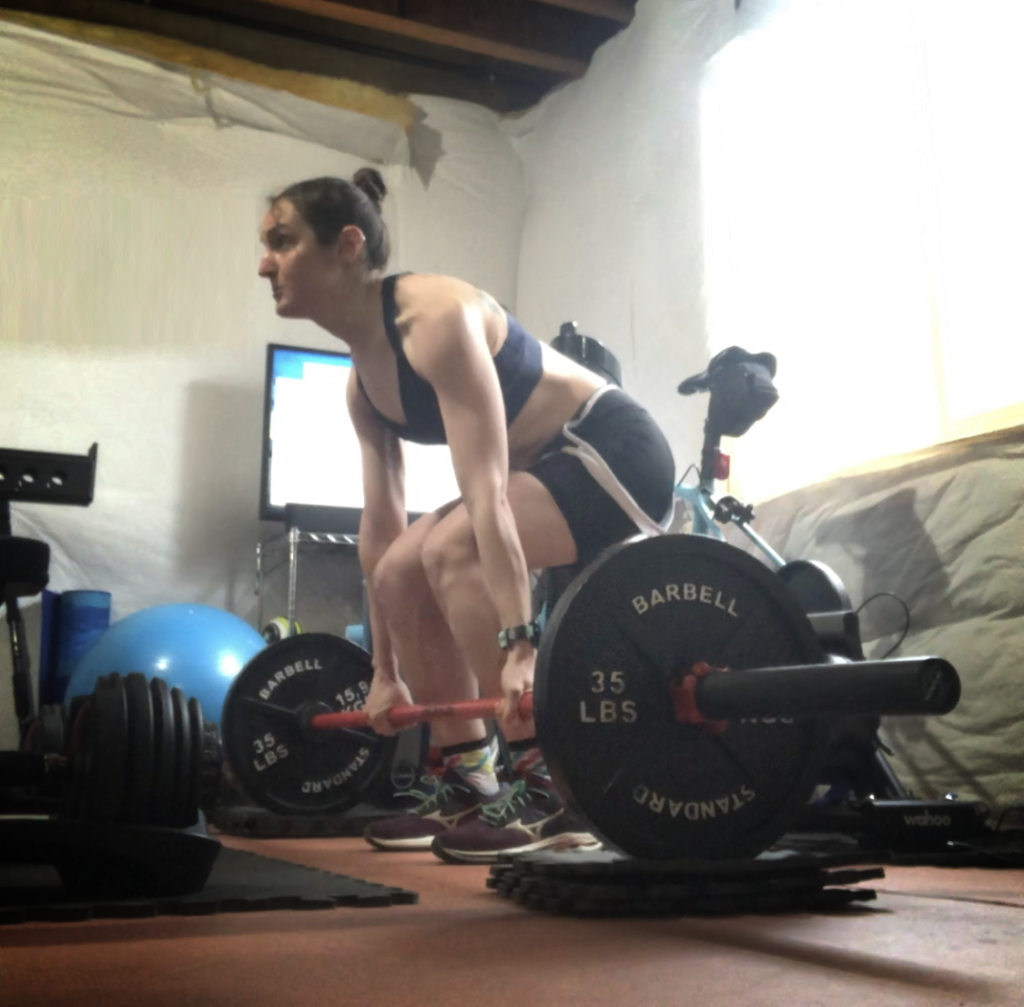
You might be tempted to keep training through the late fall and winter at the same rate, but I encourage you to reconsider and take some time off. Even if you don’t want to, your body and mind will thank you, and you could be preventing an injury or burnout that would force you to take much more time off down the road. Plus, you’re setting yourself up for an optimal next season.
Take a break, relax, and enjoy yourself!
Happy off-season!
Dina
Dina Grimaldi is a triathlon coach, nutrition coach, & personal trainer who helps athletes reach their goals while finding the balance they need to fit training comfortably into their lives; who guides those with nutrition or health goals to cultivate a lifestyle of sustainable habits and a healthy relationship with food; and who supports others through functional strength training and performance to become strong, healthy, and confident individuals throughout their lives.
